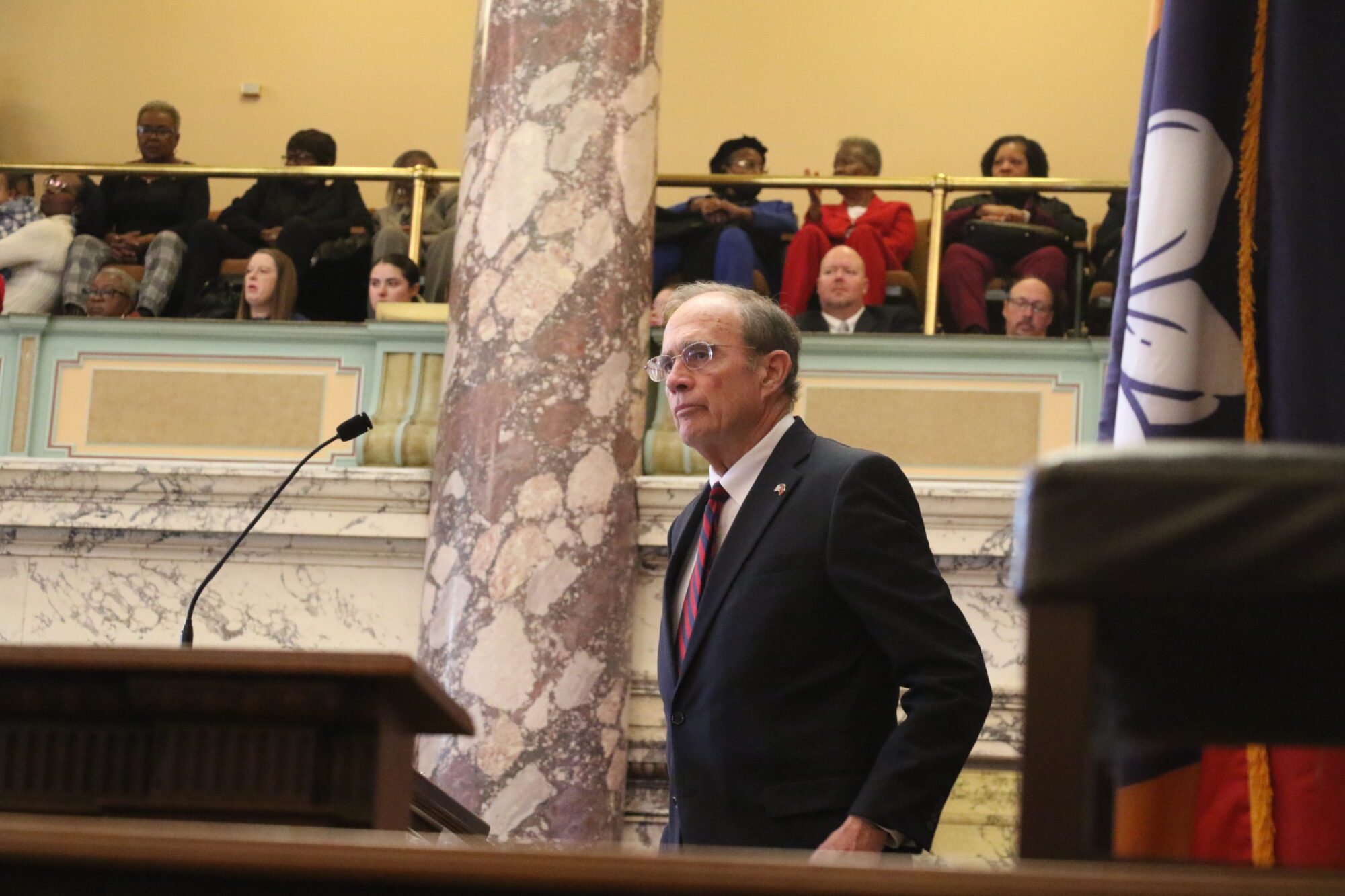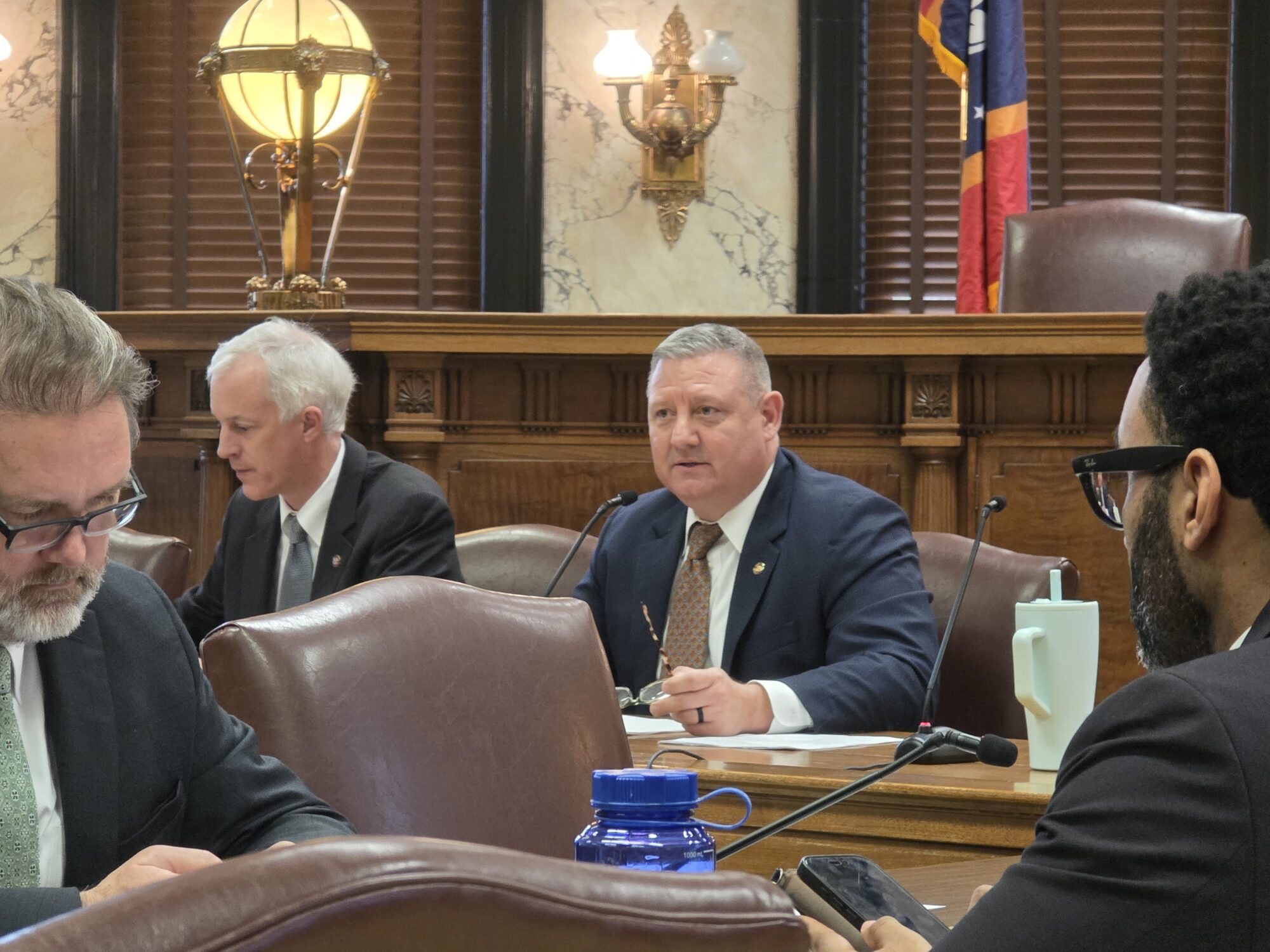Mississippi, the Two Flag State
by W. Ralph Eubanks
Since my return, I have been constantly reminded that resistance to changing anything in Mississippi, whether the flag or the heightened black poverty, is primarily a resistance to ideas that come from outside the state—from South Carolina, from Mississippi writers who have emigrated, from Washington, D.C., and, most often, from the Obama Administration. If the idea did not originate in Mississippi, the logic goes, it is not best for Mississippi. In 1965, the novelist Walker Percy described the Protestant Anglo-Saxon minority’s reaction to its common tragic past as resulting in a “chronic misunderstanding between the state and the rest of the country.” Around the same time, the historian and native Mississippian David Herbert Donald wrote of the “self-contained world” in which the Mississippian lived: “When he traded, it was with other Mississippians. When he read, it was his own local newspapers, edited by Mississippians. When he got an education, it was at Mississippi colleges, where Mississippians taught. . . . These people have no idea of a world beyond themselves.”
The Mississippi mentality implies that ceding any power to the federal government would result in losing all the power the state has. The same goes for ceding to cities like Jackson, in which the new is prized. Mississippi is still a state where, the Times found, more than seventy per cent of people who live here were born here, in towns like the one where I grew up, and are consequently resistant to changing things. It is telling that Mississippi has the lowest passport-issuance rate per capita in the United States—the product of low income, surely, but also of a clubby, connected familiarity.
It is difficult to admit that the very insularity that made me want to leave Mississippi after graduation has also made my return relatively easy. After the shock of reëntry, the soothing rhythms of the place have taken over; conversations seemed to pick up right where I left them.
New Yorker
4/30/16







